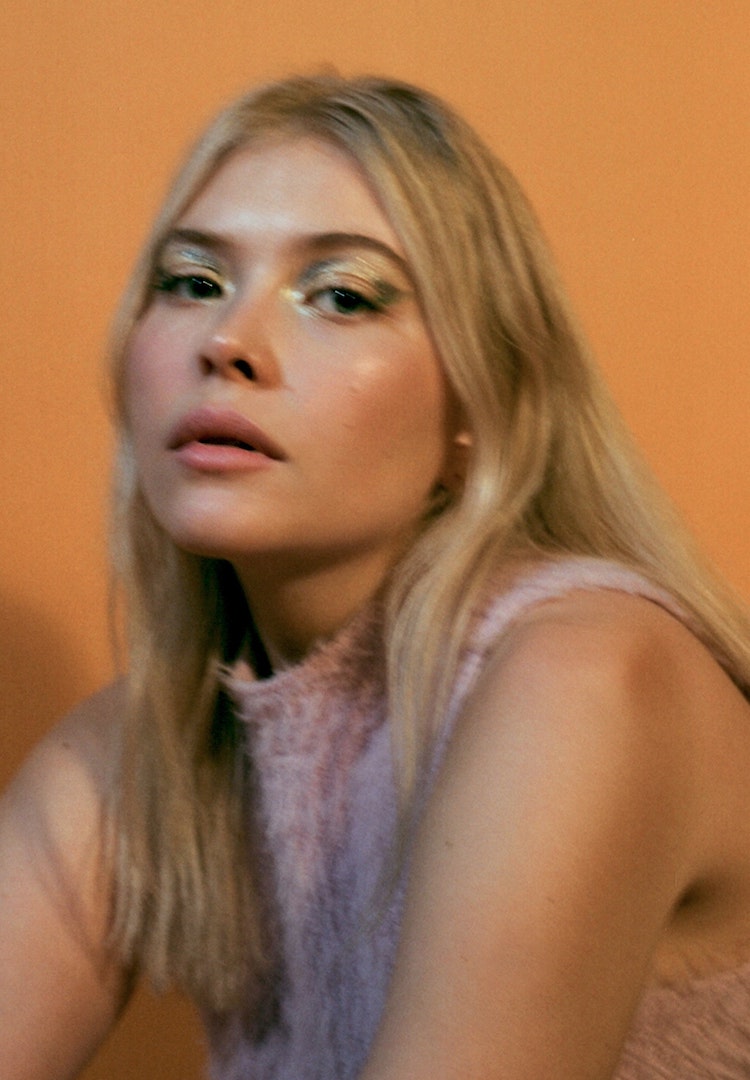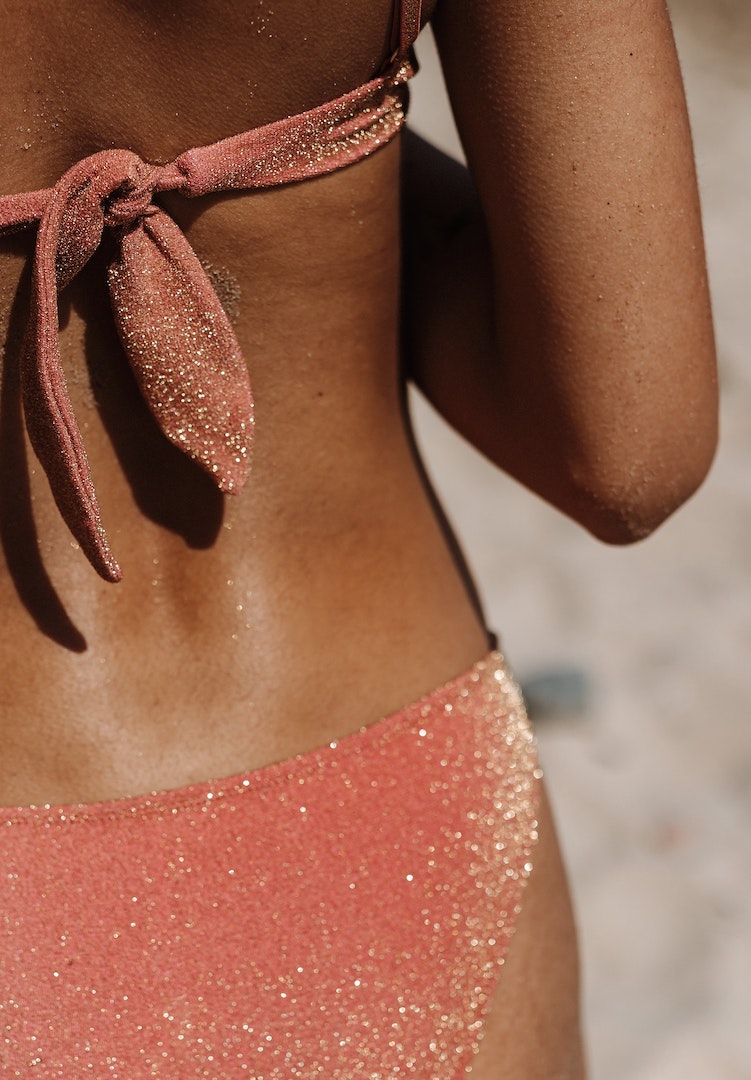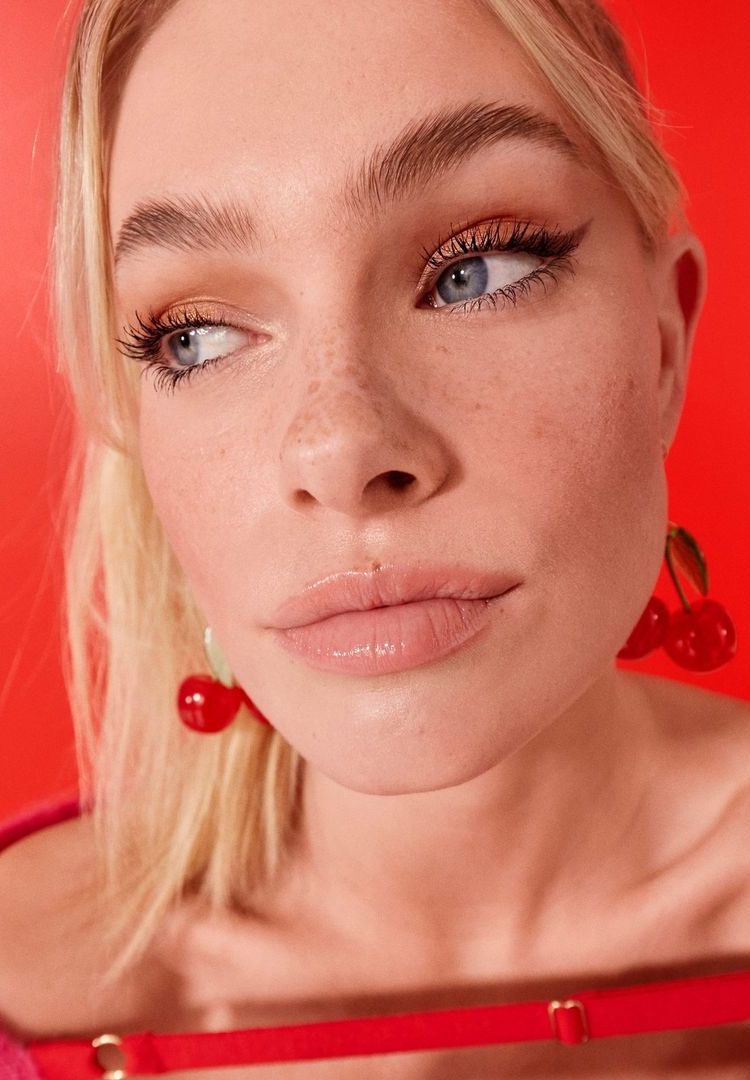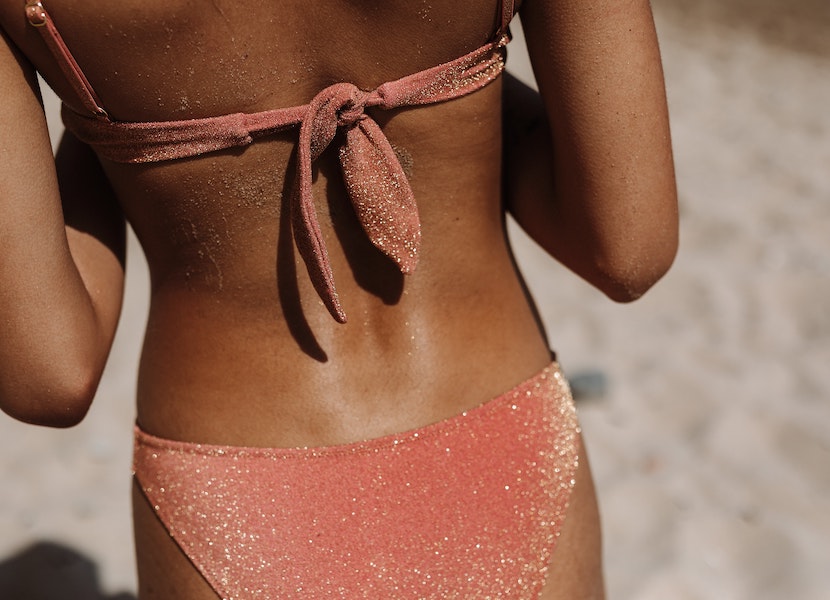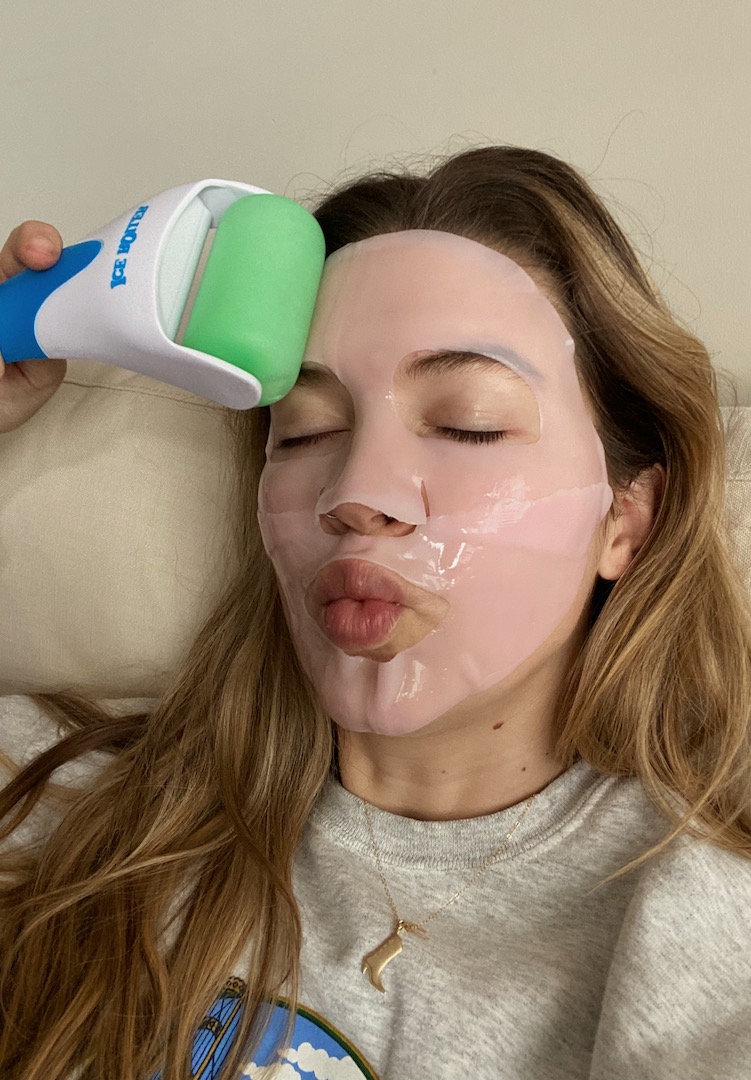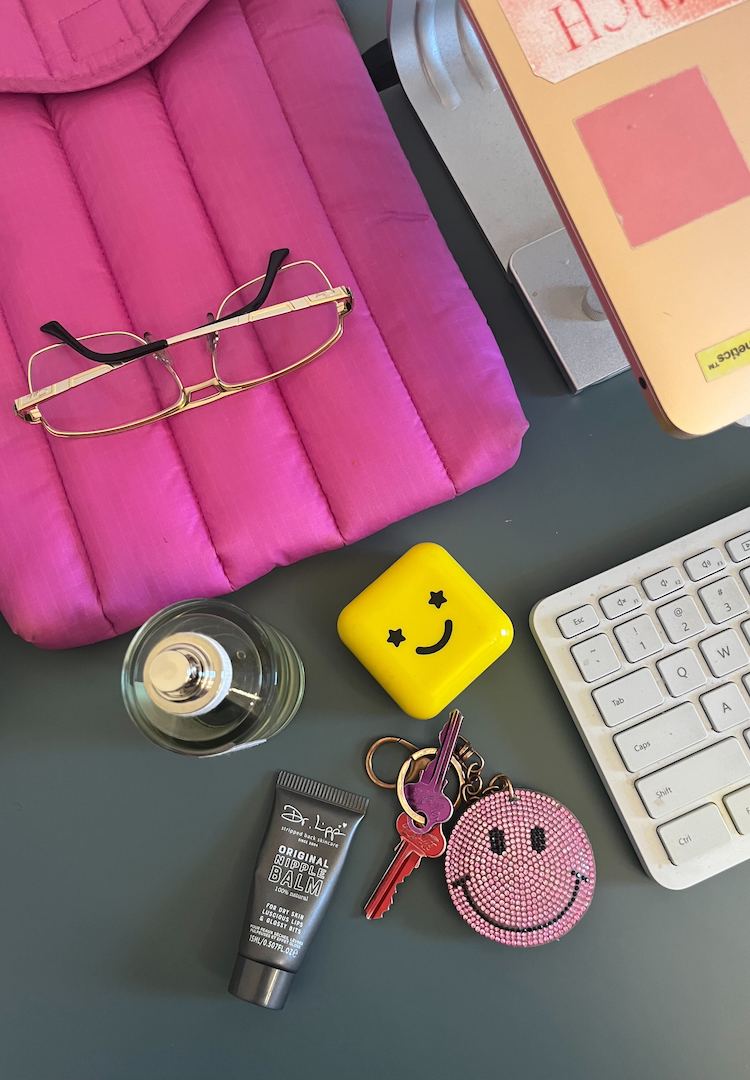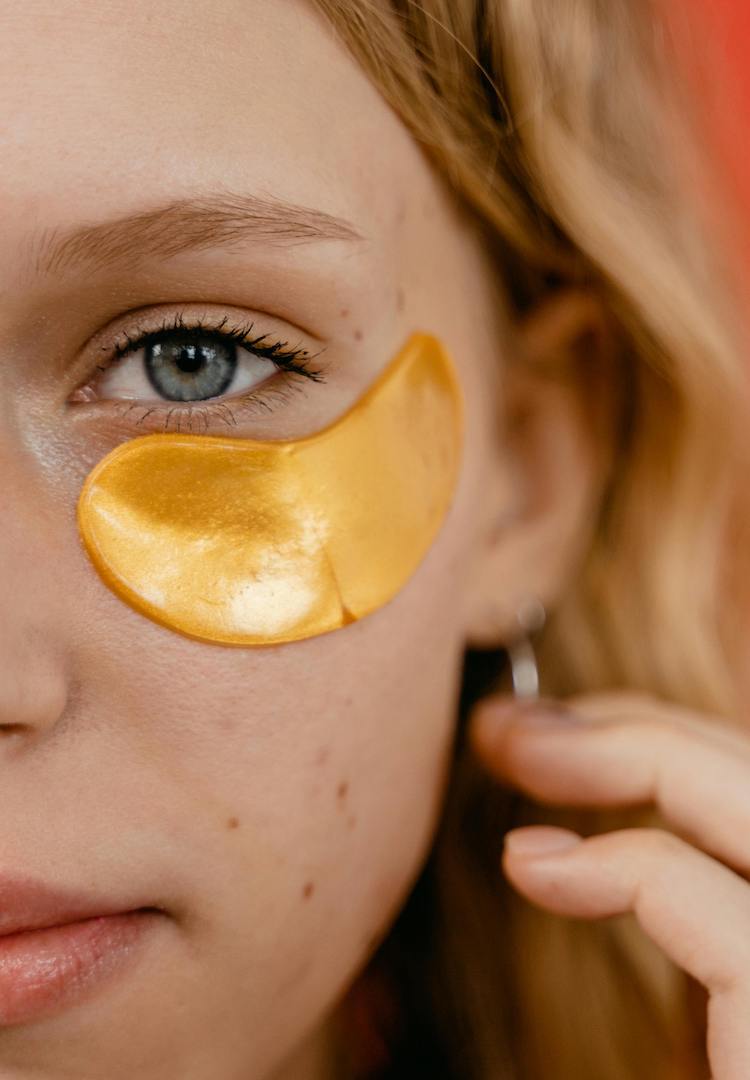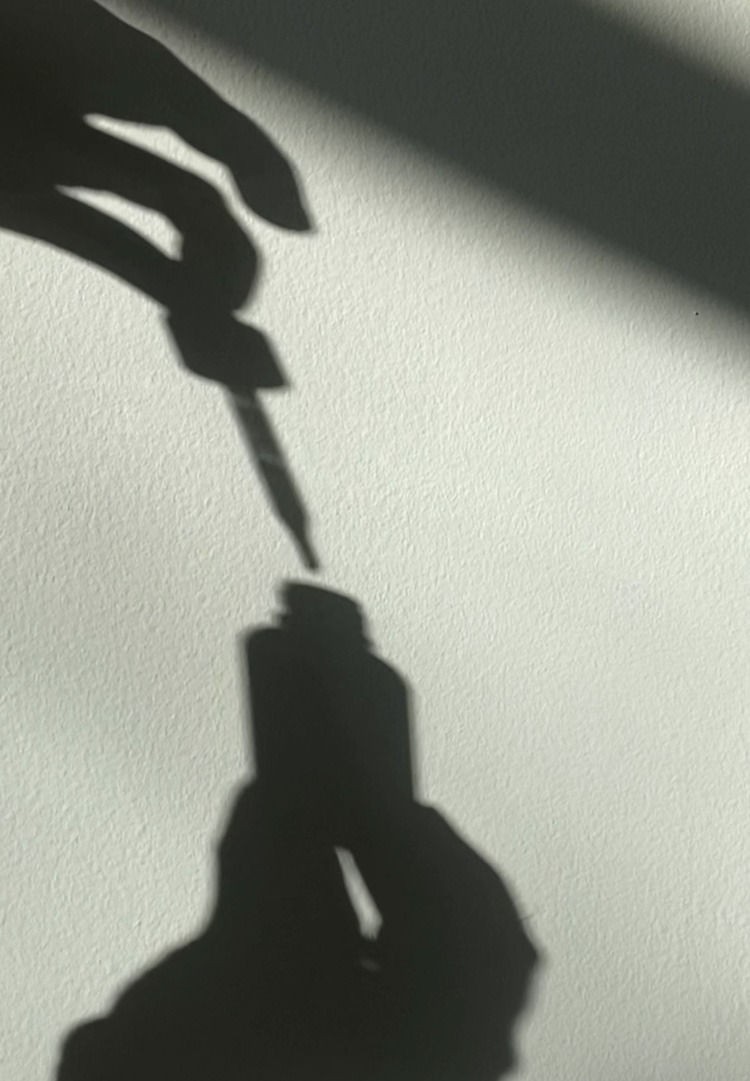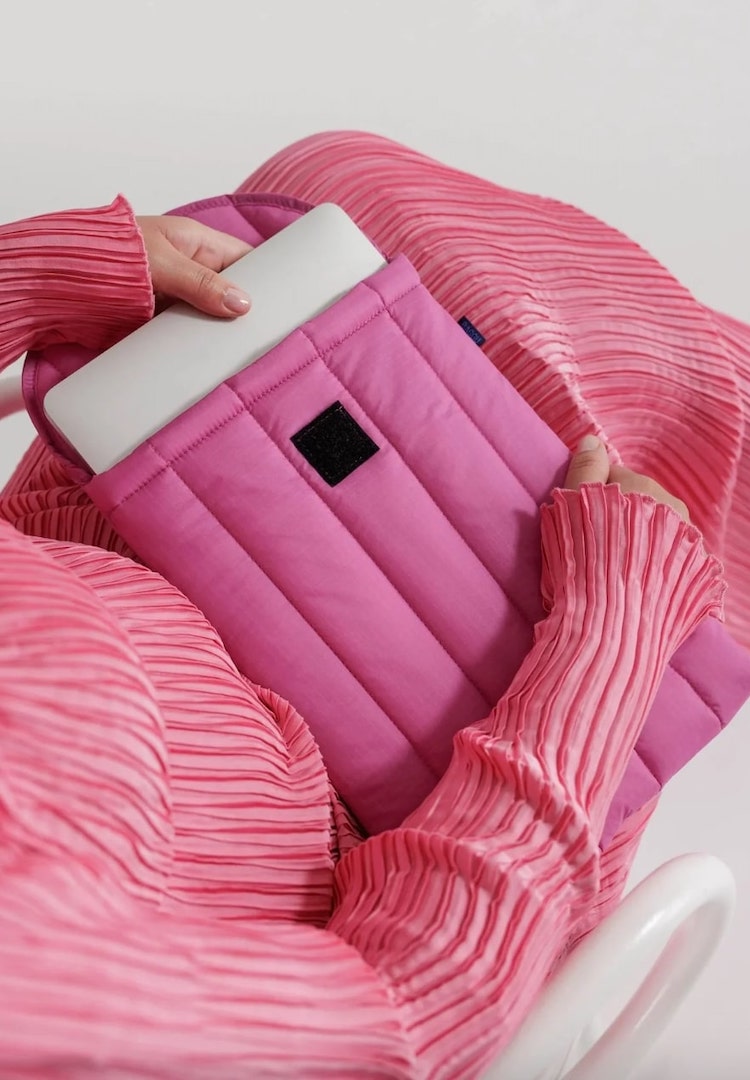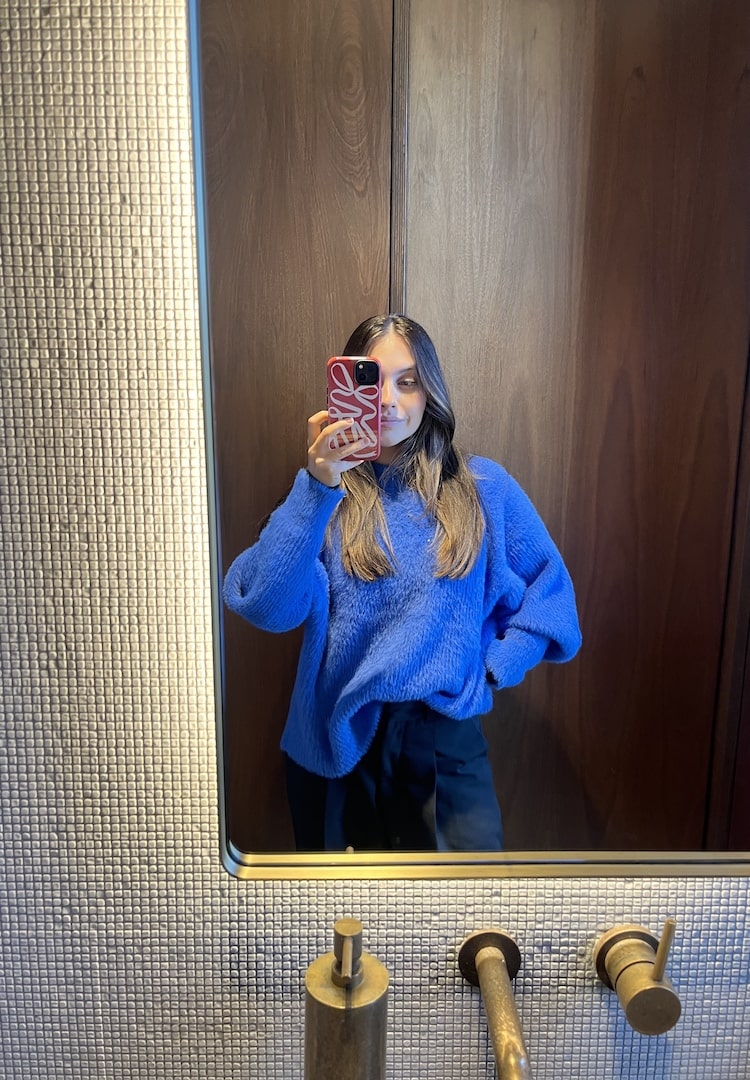Should advertising for sun tanning products be banned in Australia?
WORDS BY NINA MIYASHITA
“The freedom for cosmetic brands to hide the facts about sun tanning? That’s alarming to me.”
It wasn’t that long ago when glowy SPFs started trending in the beauty space and SPF skincare became popular (we all remember that neck image circulating TikTok). It seemed like sun safety was at the centre of every skincare conversation, and was here to stay.
But sun tanning has slowly been creeping back into our FYPs this summer, and it’s becoming clear many are returning to traditional ways of tanning. We’re once again seeing bikini-line selfies after a full day at the beach, TikToks of sunbaking sessions, and a glorification of freckles and sunspots. And if this latest trend horrifies you, you’re not the only one.
To find more articles like this, head to our Beauty section.
Melissa Mason, writer and podcast creator/host, recently published a story titled ‘Fuck the Return of Sunbaking, Skin Cancer Is Not a Trend’, detailing her disdain for the new fad. Given Australia is the skin cancer capital of the world, she has a right to be worried. Overexposure to UV causes 95 per cent of melanomas, and approximately two in three Australians will be diagnosed with skin cancer at some point in their lives. The numbers should be scary enough on their own.
In her piece, Melissa makes special mention of how tanning accelerant products and companies have started being promoted by Australian influencers. And as such, they’ve been advertising and encouraging sun tanning to their audiences. Since sun tanning has long been proven to be harmful, should tanning product ads be banned in Australia? Would this initiative help in shifting current cultural attitudes to tanning? I spoke with Melissa to find out more.
“In a dream world, yes, tanning ads would be banned,” Melissa says. “Just like smoking ads are banned. But I have never believed that a ban on tan accelerant products or their ads would be enough to shift cultural attitudes.
“Smoking is still very much an ongoing issue, even with all the restrictions on advertising. The difference is, I believe we’re all very aware that smoking can kill us, and cigarette brands at least can’t market smoking like it’s healthy or aspirational. The freedom for cosmetic brands to hide the facts about sun tanning? That’s alarming to me.”
It’s the rise in sun tanning culture that worries Melissa the most. By starting this conversation, she’s asking a critical question – we know the dangers of UV overexposure, so how are brands still allowed to make and market products for that sole purpose?
Melissa also mentions she’s recently seen some brands encourage users of their tan accelerants to apply SPF with their product. “That’s a great idea in theory,” Melissa tells me, “but the Cancer Council advice around skin cancer prevention goes way beyond wearing sunscreen.”
“As they say, ‘sunscreen isn’t a suit of armour’. It should be used alongside protective clothing, a broad-brim hat, shade and sunglasses. It’s so dangerous that a brand can throw around the term ‘SPF’ without any cautions or information, not to mention it’s contradictory… you’re telling users to lie in the sun, with the ultimate goal of your product being tanned skin from the sun, and then saying ‘Oh, but wear SPF!’.”
I ask Melissa if, from her research, any kinds of tanning products seem to be particularly insidious. Neither of us is a doctor or scientist, so can’t speak to the dangers when it comes to specific products – there are significant warnings surrounding melanotan-II.
“Melanotan-II, the one people call ‘the Barbie drug’ that went big on TikTok briefly, is pretty scary – we’ve already had a warning from the TGA about it, because of side effects and reports of changing moles. My issue is with any product that’s been designed and marketed to encourage people to seek a sun tan via UV exposure. We shouldn’t be encouraging people to seek a tan, because we know tanning is actually the skin trying to protect itself from cell damage.”
So what is it about tanning that is so alluring to us, particularly in Australia? Why do we love it so much, and how do we continue to reconcile this obsession with the known dangers of sun exposure? “I think with Australia, at least more recently, it’s tied to beach culture and the idea of having a ‘perfect’ summer,” Melissa says.
“If you’ve got tan lines, you’ve spent heaps of time at the beach or by the pool, so you must have really relaxed. Which is hilarious, because there is nothing relaxing about tanning. Anyone who has ever spent extended time in the sun knows how painful and sweaty and uncomfortable it is. It’s why all these brands market products with quick results and as a way to spend less time in the sun.”
But spending less time in the sun doesn’t always guarantee safety. It’s the degree of UV on any given day that does the damage – even on cloudier days. And for those who argue we need sun exposure for our health and vitamin D intake – according to the experts, you only need a few minutes of incidental sun exposure a day to achieve an adequate amount of vitamin intake. Seeking out the sun on purpose, and specifically to tan, can only do you increasing degrees of harm.
What would Melissa say to those influencers who are putting tanning accelerant products on a pedestal? “Firstly, I want to stress that I’m not about cancelling people or slamming people online,” Melissa urges. “But calling out behaviour that I think is dangerous is different… they’re sending a message – that sun tanning is fashionable.”
Ultimately, sun tanning ads are sending a dangerous message to the public. And while a national ban on tanning ads might not be enough to sway public opinion alone, perhaps the more powerful voices on social media can use their influence to promote a message of sun safety.
“I would really love to see these influencers and ad creators acknowledge and commit to doing better,” Melissa concludes. “None of us are perfect. But I admire anyone who can own their mistakes, and learn from the education others can provide.
“Sun tanning has been a trend for decades, [and] none of us are immune to its pull. But now that we all know so much more about it, I’d love to see those voices of authority commit to sending better, healthier messages.”
For more on the consequences of sun tanning, head here.

